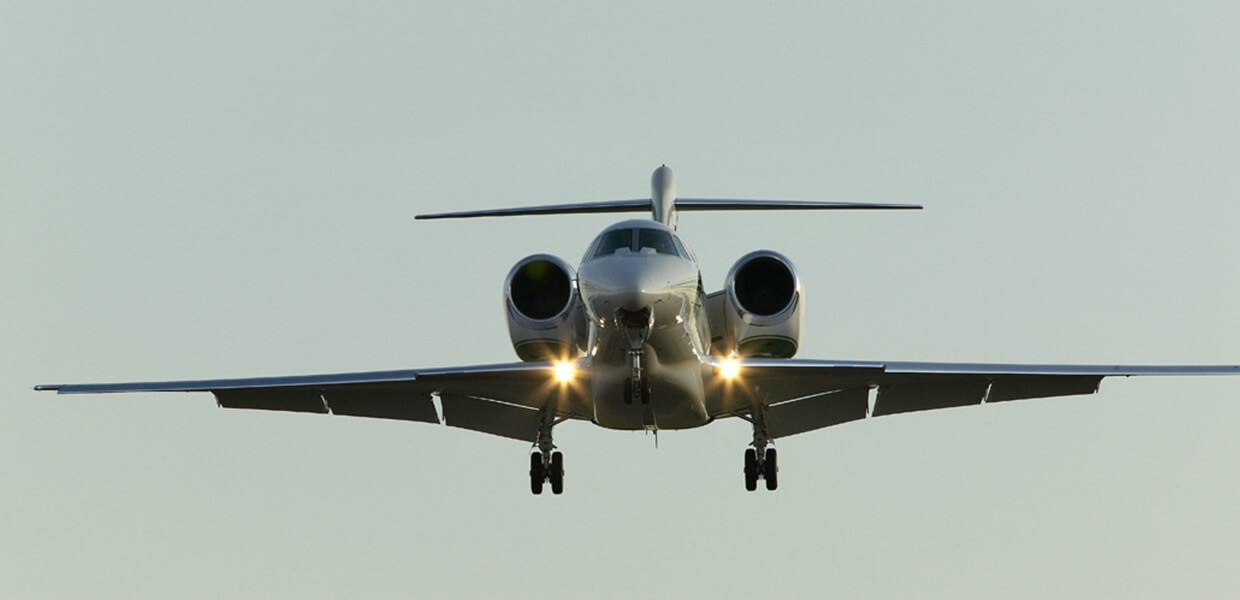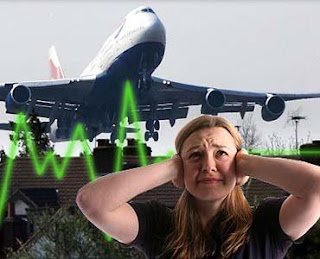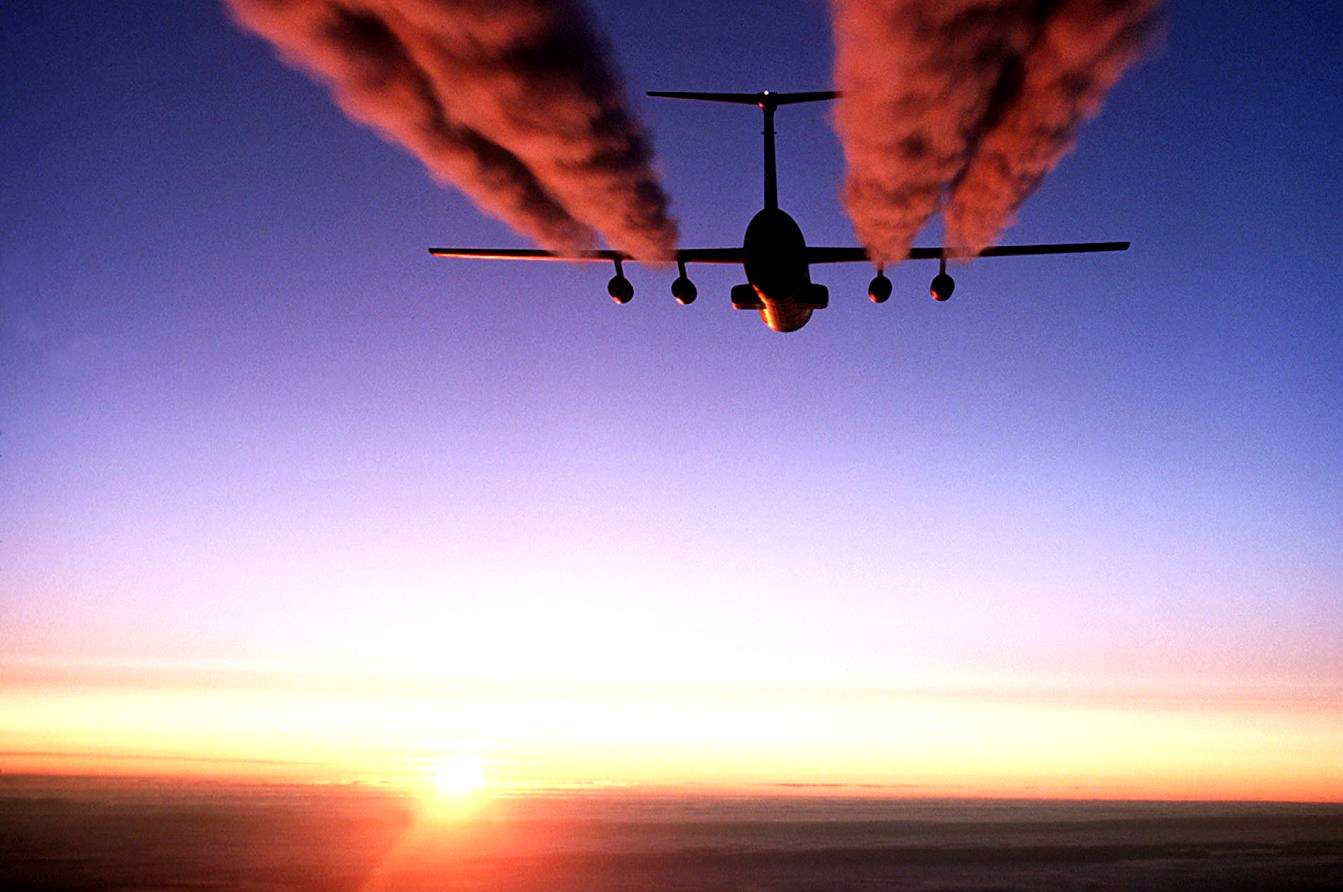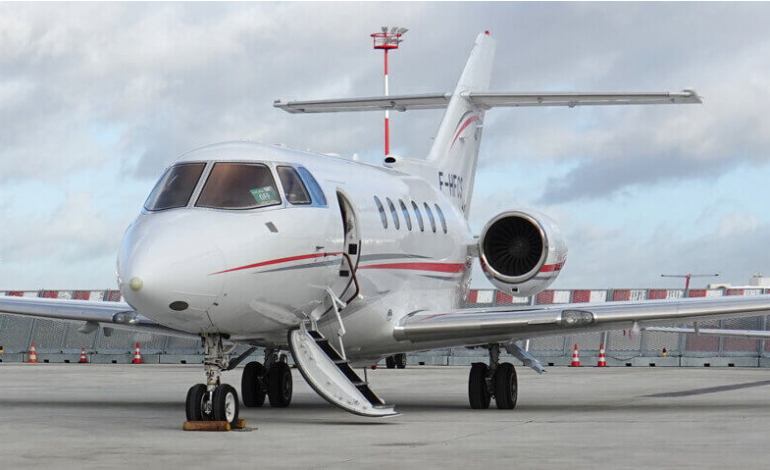
No More Free Rides for Billionaires:
Tax Polluting Private Jets
Sum of Us/EKO
(August 26, 2023) — Private jets cause 14 times more pollution than commercial flights. Yet billionaires get massive tax subsidies that help them fly private all over the world. ‘They’re getting a bargain for destroying the climate.
But new laws to tax private jets are being introduced around the world, and momentum is finally building to shut down this billionaire free-ride.
Add your name to demand taxing private jets — when enough join, we’ll launch a media blitz in key countries:
From the US to France, governments have introduced legislation that would finally tax private jets, and some airports including Schiphol in Amsterdam are banning private jets entirely.
The top 1% are responsible for more than twice as much carbon dioxide pollution as the bottom 50% and yet these billionaires continue to pollute our skies and worsen the climate crisis without any accountability.
Lawmakers in the US are proposing a tax on private jet fuel use, and those funds would go towards climate justice and support for transitioning to renewable energy. But the ultra-wealthy are also ultra-powerful and if we want to succeed in reining them in, we need everyone’s help to make our call huge.
This truly is a global crisis and legislation in one country can impact not just other governments’ legislation but the actual global climate. To truly address climate change, we need everyone everywhere. Add your name to the petition and share this widely — we’ll deliver our call to key lawmakers around the world.

Tell Governments:
No More Free Rides for Billionaires, Tax Private Jets ‘
TO: The US, EU, and all countries around the world
Private jets cause 14 times more pollution than commercial flights. But now momentum is building around the world to rein in billionaires and make them pay for the destruction they’re causing.
Add your name to demand taxing private jets, and share this widely!

Private Jets Are Awful for the Climate.
It’s Time to Tax the Rich Who Fly in Them
Ed Markey / The Guardian
(August 10, 2023) — The climate crisis is not in transit, it’s arrived at the gate. It’s in our skies, our water, and our land – with record-shattering heat waves, increasingly severe wildfires and flooding from superstorms and rising seas.
We have no time for delays. Tackling this crisis and protecting frontline environmental justice communities will take all of us. And the tax-dodging ultra-wealthy need to stop fueling the problem and start supporting first-class solutions.
That’s why, this July, I introduced the Fueling Alternative Transportation with a Carbon Aviation Tax (Fatcat) Act with Congresswoman Nydia Velázquez.
Private air travel is the most energy-intensive form of transportation. For each passenger, private jets pollute as much as 14 times more than commercial flights and 50 times more than trains. Despite their sky-high emissions, private air travel is taxed considerably less than commercial air travel.
My legislation changes that. Because the 1% should not get a free ride while destroying our environment.
At the moment, billionaires and the ultra-wealthy are getting a bargain, paying less in taxes each year to fly private and contribute more pollution than millions of drivers combined on the roads below. Just one hour of flying private negates the climate benefits of driving an electric car for an entire year. That is unfair and it is unacceptable.
For the sake of our environment, it is time to ground these fat cats and make them pay their fair share, so that we can invest in building the energy-efficient and clean public transportation that our economy and communities across the country desperately need. We cannot continue to ask frontline communities – disproportionately low-income, rural, immigrant, Black and brown Americans who are bearing the weight of the climate crisis – to subsidize billionaires jet-setting the globe.
Our legislation would increase fuel taxes for private jet travel from the current $0.22 to nearly $2 a gallon — the equivalent of an estimated $200 a metric ton of a private jet’s CO2 emissions — and remove existing fuel tax exemptions for private flight activities that worsen the climate crisis, like oil or gas exploration.
The revenue generated by the Fatcat Act would be transferred to the Airport and Airway Trust Fund and a newly created federal Clean Communities Trust Fund to support air monitoring for environmental justice communities and long-term investments in clean, affordable public transportation across the country – including passenger rail and bus routes near commercial airports.
To fully tackle the climate crisis at the scale that is required, we need to ensure that those who are fueling this problem are held accountable for contributing to the solution. It is, of course, the same logic that should, but sadly does not, apply to our tax code.
If Jeff Bezos, Elon Musk, Mark Zuckerberg, and countless Wall Street hedge fund managers want to fly private jets, the least they can do is pay their fair share in taxes to compensate for the damage to our environment and the wear on our infrastructure. It’s unconscionable that they be allowed to continue to pay pennies on the dollar to pollute our environment as Americans suffer through the hottest days in an estimated 125,000 years. Everyday Americans should not have to pay for their excess.

And let’s be clear: this is an issue of economic and environmental justice. The wealthiest 1% globally are responsible for more than twice as much carbon dioxide pollution as the bottom 50%. But the burden of that pollution gets passed along to people already struggling.
A billionaire who takes to the skies in a private jet isn’t going to feel the hardship of paying a sky-high air conditioning or electric bill. The ultra-wealthy who own their own airplanes aren’t going to feel the hardship of breathing dirty air.
We are approaching a dangerous tipping point in our battle against the climate crisis. This summer’s brutal weather is just a preview of what is to come. We all need to step up to do our part to address this crisis. Especially jet-setting billionaires.
Edward J Markey is a US senator from Massachusetts
A Note from The Guardian: From Elon Musk to Rupert Murdoch, a small number of billionaire owners have a powerful hold on so much of the information that reaches the public about what’s happening in the world. The Guardian is different. We have no billionaire owner or shareholders to consider. Our journalism is produced to serve the public interest – not profit motives.

France, Europe Eyes Heavy Taxes
Or Bans On Use of Private Jets
Alex Ledsom/ Forbes
(September 4, 2022) — France has been battling scorching fires and severe drought all summer and as the government heads back to work after the break, private jets are being increasingly targeted as a means of reducing carbon emissions — President Macron and Prime Minister Elisabeth Borne asked ministers to come up “concrete proposals” for the situation, as reported by Le Monde.
These plans could involve bans or severe taxes on the private aviation sector — and as France is the number one visited country in the world, any changes here will be far-reaching.

A “Remarkable” Summer for French Tourism
It’s been a good summer for France’s tourist sector. France’s Tourist Minister, Olivia Gregoire announced that early figures showed visitor figures had been “remarkable” and possibly even “historic”.
Within the data, there is a clear picture of winners and losers. Le Bourget airport near Paris reported that the number of current flights is reaching pre-pandemic levels. As reported by Bloomberg, the airport is one of the main places that private jets land in France.
Across France, figures reported in The Conversation showed that Airbnb rebounded better than hotels. And whilst the traditional hotspots of southern coastal cities such as Nice and Cannes were helped by returning visitors from the U.S. and the Gulf, it was the more remote regions and hinterlands that garnered more tourist visits. Thus suggesting post-pandemic visitors have been in search for more rural, authentic and private spots than before.

Private Jets Could Be an Easy Win
British digital marketing firm Yard recently released its study analysing the use of private planes around the world, tracked by automated flight tracker Celebrity Jets. As reported in Newsweek, Taylor Swift came in at number one having taken 170 flights — which would have emitted 8,293 metric tons of greenhouse gases.
And when most people are suffering from an increased cost of living, particularly in relation to food and energy costs, private jets are seen by politicians to be an easier target to help reduce carbon emissions.
France Likely to First Tax Private Jets, Not Ban
French Transport Minister Clement Beaune told a France 2 TV interview that “I believe that at a national or European level, we could think about either taxation or regulation systems. It’s clear that habits will have to change.”
Reported by Bloomberg, Beaune added that “I believe that when there’s a train alternative, when there’s a commercial flight — which emit four times less carbon per passenger than private jets, that should be the preferred option.”
France recently outlawed many short-haul flights if there are such train alternatives.

Taylor Swift is the celebrity with the worst private jet CO2 record.
Calls for Banning Private Jets Are Growing
Environmental groups across Europe are making increasing noise for private jets to be banned completely:
- Julien Bayou, national secretary of Europe Ecologie-Les Verts (EELV) told Franceinfo on Sunday 21 August, as reported inLe Monde, that it was time to “ban” private jets because “a jet pollutes ten times more than a plane”.
- As part of the European Union (EU) climate plan, Brussels is already planning a tax on private jets across the region. At the moment, private jets are exempt from kerosene tax but it is envisaging 38 euro–cents-per-liter of kerosene burned.
Beaune told journalists that private jets will very much be on the agenda in October when European transport ministers next meet.
One way or another, it seems something will be done to curb the use of private jets across Europe moving into 2023.
Posted in accordance with Title 17, Section 107, US Code, for noncommercial, educational purposes.